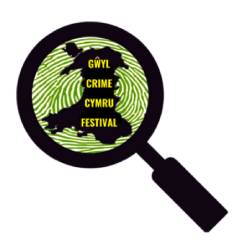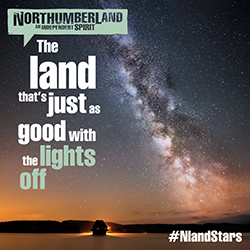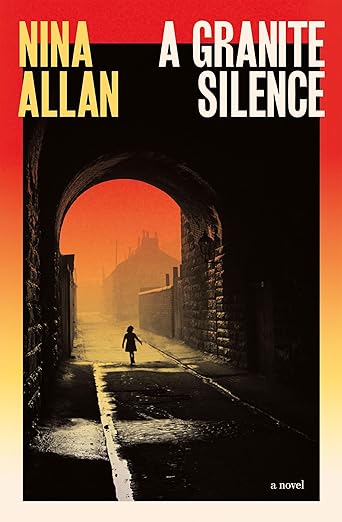Havana – Reading the city
Cuba is a fascinating country on so many levels.Its culture, history, language, politics, music and literature but most of all its people. It’s a small island country in the sea south of Florida but is almost like a different world .
So what do you know about Cuba? ErnestHemingway found it fascinating and wove it into many stories. Fidel Castro has been its iconic leader for many years and his role during the Cold War will never be forgotten. then there’s the almost mythical figure of Che Guevara whose face has been placed on posters as well as Tshirts for many years as the symbol of revolution.
BookTrail this book here
But there’s so much more to Cuba…..as Editor Orsola Casagrande explains…
BookTrail this book here
Why Cuba?
This goes back a long time. I remembered reading a collection of Cuban short stories in the ’90s. It was called “The last will be the first” and I had ordered it directly by writing to the Gaceta de Cuba, the magazine of the prestigious UNEAC (Writers and artist Union of Cuba). I had given up hope as months had passed and no book had arrived. Then suddenly, one day, the collection arrived. It was a real revelation to me. I had read various Cuban writers, mostly the established ones, but this was a collection of young writers. I got engrossed in it and only put it down when I finished the last story.
It has been a very complicated journey, at times astonishing, at times uncomfortable. A portrait of a Cuba I had only imagined and that now was unraveling before me through the characters of the different stories.
That book has always been with me, following me from city to city, from country to country, flat to flat.
I went to Cuba several times after reading the book, but it was when I actually moved to Havana to live, some 5 years ago, that I started searching for the places in the stories, and then for the authors. Of course they were not the ‘young’ generation of the collection, anymore… but some of them introduced me to the new 2000 generation of writers.
Being a journalist, I did several interviews with writers, both young and older. And then I followed the tragic siege of Gaza in 2014 through the diaries of Palestinian writers published by Comma Press. A few months later I was in Manchester and met up with Ra Page, Comma Press’s heart and soul. After a short conversation in which a thousands things were discussed, the decision was taken to add a Book of Havana to Comma Press’s Book of the City series.
BookTrail this book here
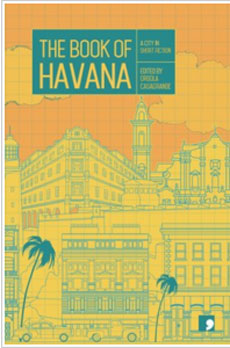 How were the writers selected?
How were the writers selected?
In Cuba and in Havana time definitively goes much slower than in other parts of the world. And I mean, when you plan to do something you have to take into account the very long queues you would be facing, from the queue at the bus stop to the queue at the ATM, to the queue at the shop to buy rice…
I always kill time by reading a book, and of course, thanks to the fact that culture and literature are State subsided, you can go to a bookshop and come out of it with – no exaggeration – 20 books, having spent the equivalent of 8 to 10 pounds. The average book costs 8 or 10 cuban pesos (that is 30-40 cents).
So of course I managed to get a fairly broad idea of what is going on in the Cuban literary scene. And of course I read the classics as well.
Also, while in search of the location and authors of the ‘90’s collection, I met many writers who in turn introduced me to others. I read their work, and when the decision was taken to go for the Book of Havana, it was ‘only’ (a very difficult task) a matter of selecting 10 writers from among those I had read and met.
Which locations in Cuba are written about?
The Book of Havana, is a collection of stories on, about and set in Havana. So the places you find in the book are all in Havana. And as Havana in reality is rather Havanas, in the plural, you can find a fair representation of many of possible Havanas.
There are the old boroughs of Centre Havana (Centro Habana) and Old Havana (Habana Vieja) with their air of decay or post-bombardment scenarios, buildings in ruins, men playing chess on the street, local women angry and screaming at the noisy kids, the drunk husband, the rubbish that is never collected …
There is Vedado, the posh borough, with its bars and touristic places. There is the Malecon, the sea front, the place of endless walks, for tourists definitely but also for the locals seeking a bit of cool air after hours in the scorching sun … There are the more peripheral boroughs, where the Sports City is, or the bus station…
Each borough is inhabited by a certain variety of people, so a part of location in the book, I think, is also a lot about the people of Havana, or people in Havana.
BookTrail this book here
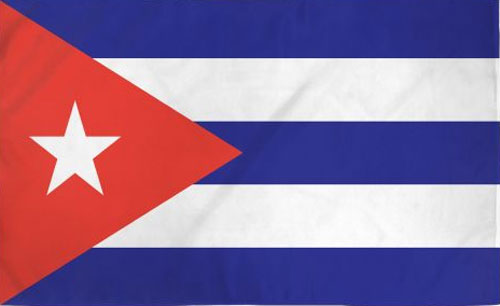 What is the biggest misconception about the country we have in the west?
What is the biggest misconception about the country we have in the west?
I think, as it is for every country, it depends on who is looking at it. Cuba, like any other country, is indeed a geography as much as a people. Indeed I think a country is actually more about people than land. And people are good, bad, interesting, boring… The stories are full of different characters and I think they make interesting reading for any public, whatever the latitude…
As we are talking about literature I would like to underline one aspect which I think is little known and yet crucial for every country that considers education and culture as the basis for building a democratic, inclusive, open and progressive society.
In Europe and Western countries, culture is actually a luxury. Studying music, or theatre or art is often very expensive, thinking about making a living out of culture is almost a ridiculous thought in western society. Indeed, even buying a book and reading is often a luxury and only available to those who have extra money to spend on literature.
In Cuba, one of the most important legacies of the Revolution is that culture is a pillar of society. Therefore the State subsides all cultural and artistic activities. Living off literature or cinema or music is actually possible (of course, in relation to Cuban standards). Books and reading are considered crucial for personal and collective education and so books, as I mentioned earlier, enjoy full state subsidy and support. Publishers spend very little as the State is covering most of the costs.
There are schools for the arts all over the island where musicians, dancers, artists and actors, are formed to the highest level.
WIN A COPY OF THE BOOK BY TWEETING THE PINNED TWEET ON OUR TWITTER FEED. UK ONLY PLEASE
BookTrail Boarding Pass: The Book of Havana (Reading the city)
With many many thanks to Orsola Casagrande and Comma Press for such an insightful guide to the book!



